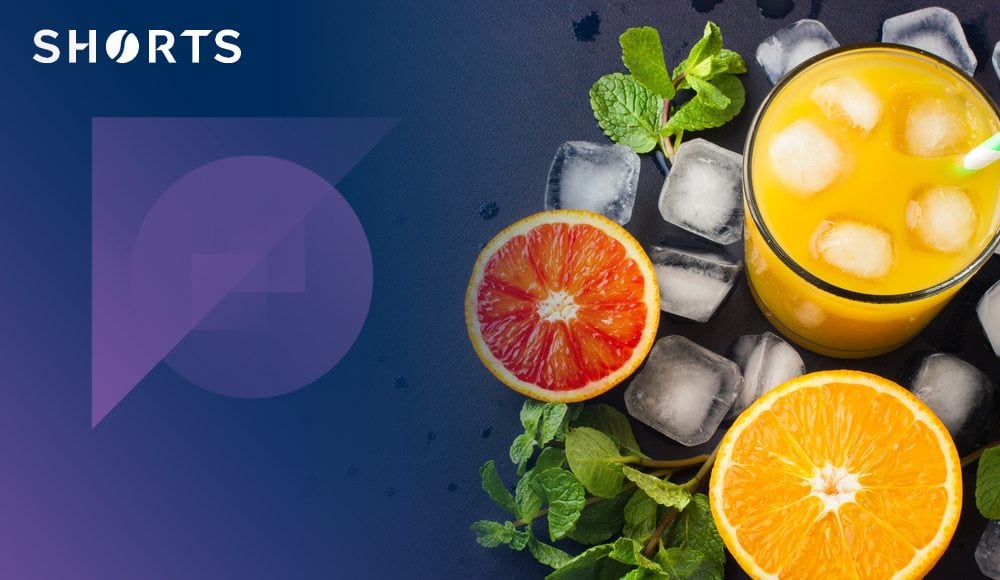
Whether VAT is charged on cold drinks depends on the type of drink and where it is being consumed.
Are cold drinks subject to VAT?
In short, the answer is yes. All cold drinks purchased for consumption in a restaurant, café, bar, pub or similar are subject to VAT at the standard rate (currently 20%).
Drinks bought from shops, takeaways, and stalls/vans selling drinks to go are generally subject to standard rate VAT.
However, as is often the case with VAT, there are some exceptions.
Cold drinks on which VAT is charged
VAT at 20% is charged on the following regardless of whether they are consumed on or off the premises from which they were purchased:
- Alcoholic drinks, for example, beers, ciders, wine, spirits and liqueurs. Also standard rated are semi-set alcoholic jellies designed to be swallowed as cocktails and alcoholic ‘slushies’.
- Alcohol-free beer and wines.
- Carbonated drinks, including cola and lemonade, and mixers, such as tonic water and soda.
- Mineral water, including flavoured water.
- Fruit cordials and squashes, and barley water drinks.
- Fruit juices and vegetable juices, including juice concentrates and fruit/vegetable smoothies.
Is VAT charged on bottled water and tap water?
Bottled water in the UK is subject to the standard 20% VAT rate.
This might seem surprising because some basic necessities like food are zero-rated for VAT.
The UK government does not consider bottled water a basic necessity, as tap water is readily available. Therefore, bottled water falls under non-essential beverages like soft drinks, which are taxed at the standard rate.
There is no VAT charged for tap water for UK households.
Zero-rated cold drinks
Although VAT is charged on the majority of cold drinks, there are some cold drinks which are zero-rated when consumed off the premises where purchased. The following are zero-rated:
- Milk and flavoured milk drinks, including milkshakes.
- Teas and coffees purchased to be consumed cold such as iced teas and coffees.
Cold drinks which are not beverages
HMRC has identified a number of drinks that do not fall within the definition of a beverage. The VAT treatment of these drinks is specifically referred to in HMRC guidance. For example, sports energy and nutrition drinks have been subject to VAT since October 2012.
The following, however, can all be zero-rated:
- Plain soya or rice milk which is unflavoured and unsweetened.
- Coconut milk.
- Meal replacement drinks for slimmers or invalids.
- Unfermented fruit juice specifically for sacramental purposes.
- Unfermented communion wine (but fermented communion wine is standard rated)
- Angostura bitters.
VAT and home brewing
Any products that are canned, bottled, packaged or prepared for use in home wine or beer making are standard-rated. Examples are:
- kits for home brewing.
- kits for winemaking.
- retail packs of hopped malt extract, malted barley, roasted barley, hops.
- special wine and brewers’ yeasts.
- grape concentrates.
Subject to VAT are products intended for home winemaking or brewing, including fruit, fruit juices, concentrates, barley, glucose, and malt extract.

Lynne Gill
My area of expertise is land and property transactions but I have extensive knowledge of both domestic and international VAT and I love complex VAT queries. I have an Honours degree in Business Studies and a VAT legal and technical qualification from the Institute of Indirect Taxation.
View my articlesTags: VAT, Business Taxes
